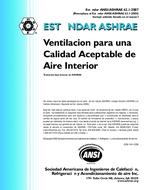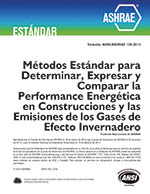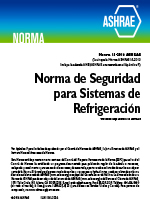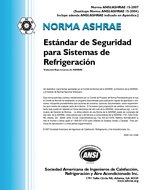Description
Human respiratory exposure to indoor airborne contaminants is of great concern as in modern society human spend most of their time indoor. To evaluate the risk of such exposure, computer simulations examined the transport of inhaled particles. The human upper respiratory system containing the trachea and the main bronchi is modeled. The effects of the breathing pattern, particle to flow density ratio, human airway geometry toward particle motion and particle fate in the upper respiratory tree are evaluated. Breathing patterns from mild to intense are considered. It is found that the airflow patterns in the selected domain are more affected by the geometry than the breathing intensity. Particles of size 0.01 µm, 1µm and 30 µm were studied. Particle dispersion, deposition pattern and penetration rates are calculated. Human exposure risk to these pollutants can be derived.
Units: Dual
Citation: ASHRAE Transactions, Vol. 116, pt. 1, Orlando 2010
Product Details
- Published:
- 2010
- Number of Pages:
- 5
- File Size:
- 1 file , 670 KB
- Product Code(s):
- D-OR-10-032




